The Tokyo Metropolitan Government has collected nearly three-fourths of the 400 million yen in residency tax owed by the late Hideki Yokoi, the controversial businessman and disgraced owner of Hotel New Japan, through a property sale held by his relatives, it was learned Thursday.
The hotel was destroyed by fire in 1982.
Yokoi died in November 1998 at age 85 without paying his residency tax, and the metro government seized a Tokyo bowling facility that had been inherited by a family member, sources said.
The city auctioned the bowling facility last year for 300 million yen, which it used to pay Yokoi's residency tax, the sources said.
But the metro government is regarding the remaining 100 million yen as a nonperforming loan and has effectively given up on collecting it, the sources said.
Hotel New Japan was gutted by a fire that killed 33 people and injured 29. At the height of the bubble economy, the land where the hotel stood in the Akasaka district of Minato Ward was valued at 300 billion yen.
Yokoi was one of the owners of the Empire State Building in New York. He was convicted of negligence for not taking appropriate fire prevention measures at the hotel.
In 1993, the Supreme Court sentenced Yokoi to three years in prison, which he served.
In fiscal 2002, the metro government took over the job of collecting unpaid residential tax from the ward offices, which were having major difficulties getting the money. The city reportedly collected nearly 3 billion yen in delinquent taxes in fiscal 2004.





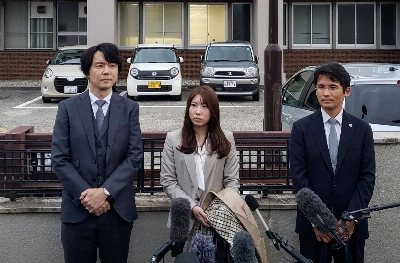
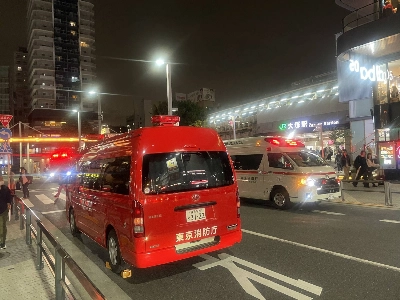

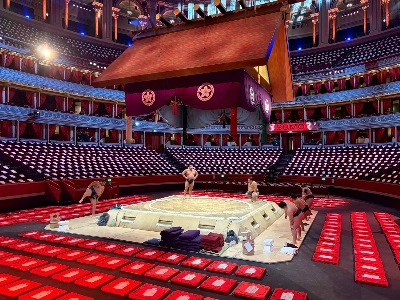
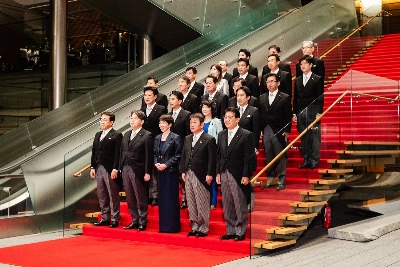

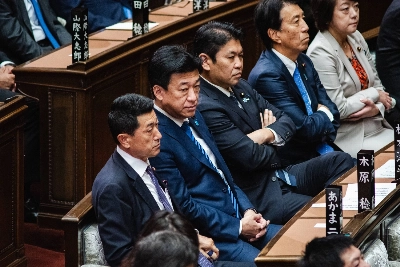


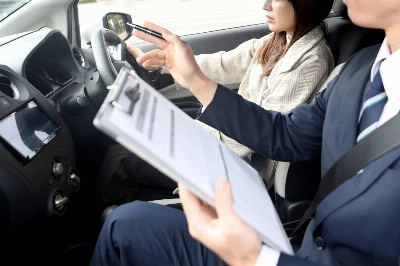


With your current subscription plan you can comment on stories. However, before writing your first comment, please create a display name in the Profile section of your subscriber account page.